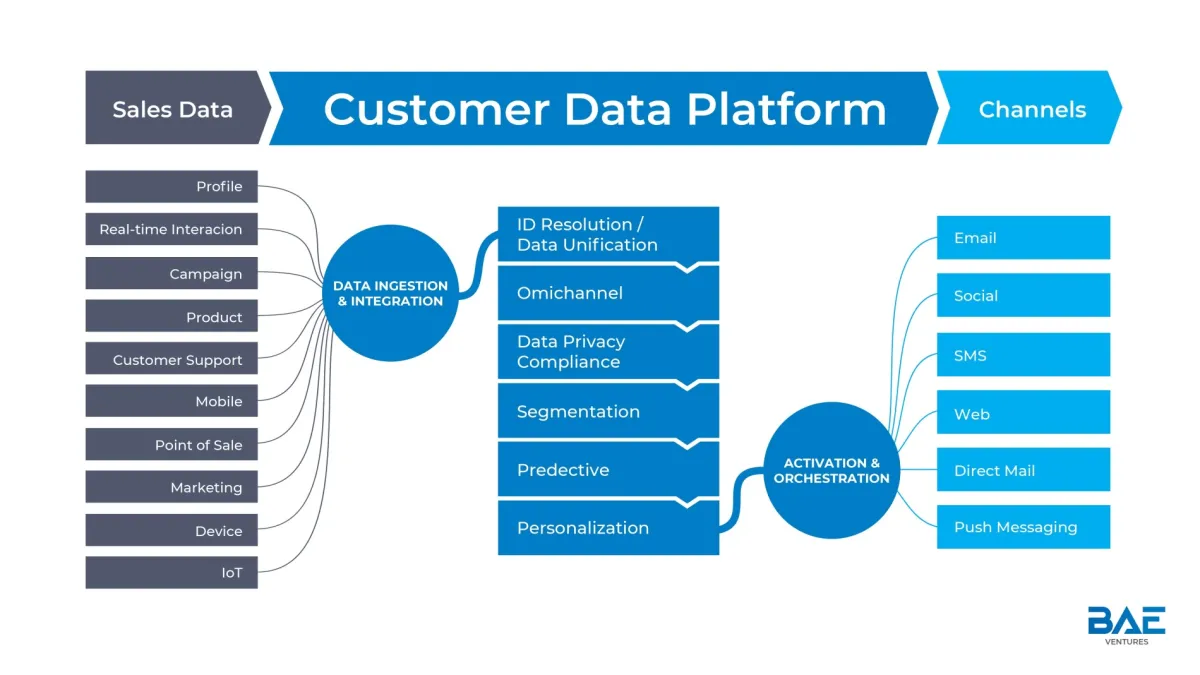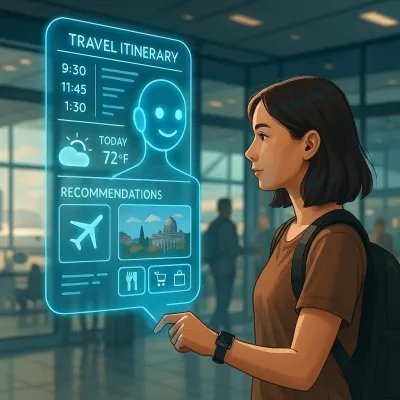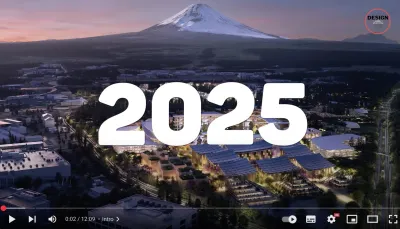Platforms
Software systems
How CDP's Are Transforming Hospitality?

Platforms
Software systems
In today’s hyper-connected world, hotels are sitting on a goldmine of guest data. From booking history and loyalty programs to in-room preferences and dining habits, every interaction generates valuable information. Yet, much of this data remains scattered across different systems, making it difficult for hotels to truly understand their guests.
This fragmentation is a major challenge in an industry where personalization has become the key to winning customer loyalty. Enter the Customer Data Platform (CDP) — a powerful technology that promises to unify guest data and revolutionize how hotels engage with travelers.
What is a CDP, and Why is It Different?
A CDP is a centralized software system that collects, organizes, and activates customer data from multiple sources. It differs from traditional Customer Relationship Management (CRM) systems, which focus primarily on direct guest interactions, and from Data Management Platforms (DMPs), which deal mostly with anonymous third-party data for advertising.
Unlike these, a CDP builds unified, persistent guest profiles by integrating information from property management systems (PMS), booking engines, website interactions, loyalty programs, and even social media. This creates a single, comprehensive view of each guest, allowing hotels to deliver truly personalized experiences at scale.
Why Hotels Are Embracing CDPs
The hospitality industry has long struggled to balance personalization with operational efficiency. CDPs offer a solution by enabling:
- Hyper-Personalized Experiences: Hotels can use a guest’s preferences—favorite room type, dietary restrictions, preferred check-in time—to craft tailored offers, making every stay feel special.
- More Efficient Marketing: By segmenting guests based on behavior and demographics, CDPs allow for highly targeted campaigns, increasing conversion rates and reducing wasted ad spend.
- Real-Time Engagement: A CDP can trigger automated messages, such as a welcome email upon check-in or a special upgrade offer for frequent guests.
For major hotel brands and independent properties alike, this level of data intelligence can be a game-changer—helping them not only boost revenue but also build lasting relationships with travelers.
The Tech Behind the Magic
CDPs aren’t just about collecting data—they leverage cutting-edge artificial intelligence (AI) and machine learning to analyze guest behavior and predict future needs. Many platforms also offer real-time data processing, allowing hotels to respond instantly to guest actions.
Moreover, modern CDPs are designed to seamlessly integrate with existing hotel technology stacks, ensuring smooth communication between reservation systems, payment platforms, and customer service tools. This eliminates data silos and ensures every department—from front desk to marketing—operates with the same up-to-date guest insights.
The Future: A Fully Connected Guest Experience
As hotels continue to adopt CDPs, the industry is moving toward true omnichannel guest engagement. This means a seamless experience across all touchpoints—whether a guest is booking a room via mobile, requesting services through a chatbot, or checking in at a kiosk.
The ultimate goal? Hyper-personalization. In the near future, AI-driven CDPs could predict a guest’s ideal room temperature before they arrive, suggest activities based on past preferences, or even anticipate when they might want a late checkout—all without them needing to ask.
A Must-Have for the Data-Driven Era
With rising guest expectations and increasing competition, hotels that fail to leverage their data risk falling behind. A Customer Data Platform isn’t just a luxury—it’s fast becoming a necessity.
By breaking down data silos and enabling smarter, more personalized hospitality, CDPs are reshaping the way hotels interact with guests—one stay at a time.



